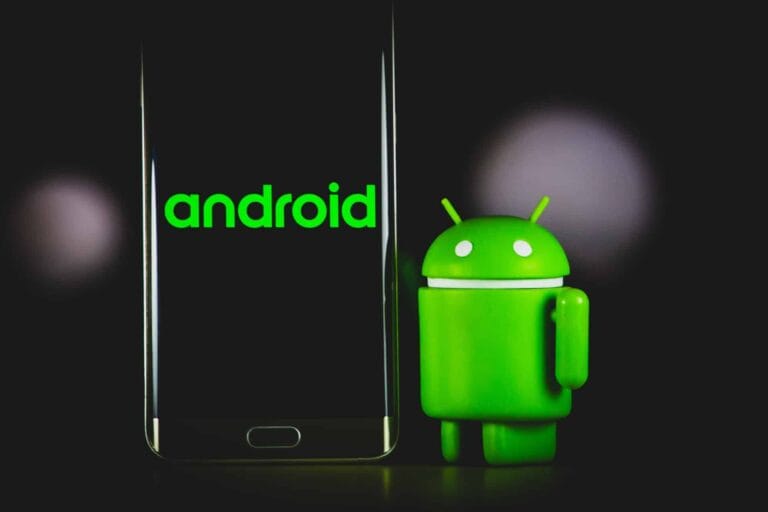F-Droid, the alternative app store for Android that exclusively distributes open-source software, warns that its survival is seriously threatened by a new decision from Google.
Google announced that Android developers will now have to register. This not only involves paying a fee, but Google also requires the submission of official identity documents and the unique identifiers of all apps they want to distribute. According to F-Droid, this means that independent developers who make their software available via the platform will no longer be able to operate outside of Google.
F-Droid argues that this decision is not about security, as Google claims. According to the app store, it is about the concentration of power. In the past, the Play Store has repeatedly offered harmful apps, whereas F-Droid operates with a transparent process, where the source code is publicly available. Every build is verifiable, and apps are only welcome if they are free of ads, trackers, and other hidden features. Moreover, Android already has a security mechanism, Play Protect, that can automatically block apps containing malware.
The risk is that thousands of apps currently available through F-Droid will soon no longer be distributed or updated. This would eliminate an important alternative for users who value privacy and control over their devices. According to the administrators of F-Droid, this is a matter of principle: anyone who owns a computer or smartphone should have the freedom to decide for themselves what software runs on it. Mandating central registration and identity checks infringes on that freedom and undermines the diversity of the Android ecosystem.
Pilot program to start in October
New details reveal the potential significance of the impact. Next month, Google will launch a pilot of the verification program for developers. Participants will be asked to pay their registration fees in US dollars, confirming that there will be a financial barrier. Apps that are not validated through this process will no longer be installable on certified Android devices in the future. The restrictions will initially be applied in markets such as Brazil, Indonesia, Singapore, and Thailand, and are expected to be implemented worldwide by 2027.
F-Droid is therefore calling for action and asking users, developers, and policymakers to oppose the new policy. According to the project, regulators should ensure that measures introduced in the name of security are not used to exclude competition and make alternative distribution channels impossible. Only in this way, according to F-Droid, can Google be prevented from completely monopolizing app distribution on Android.
